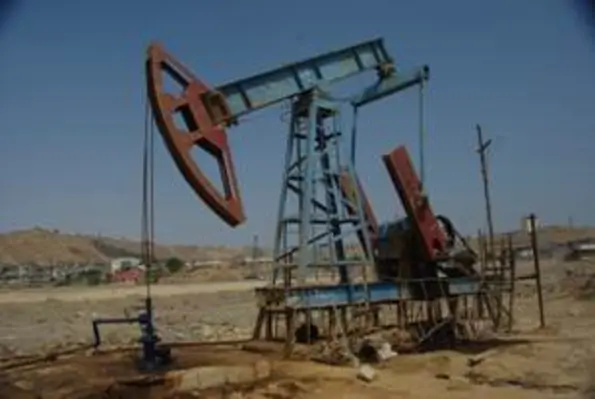Iraq was the second largest contributor to the growth in global oil supply in 2015, behind only the USA, according to the U.S. Energy Information Administration (EIA)
Crude oil production in Iraq, including fields in the Kurdistan Region of Iraq, averaged 4.0mn bpd in 2015, almost 700,000 bpd above the 2014 level, says the EIA. The second largest OPEC producer after Saudi Arabia, Iraq accounted for around 75 per cent of total OPEC production growth in 2015. However, its oil consumption decreased slightly, as a result of which all of the crude oil production increase was exported to international markets.
In southern Iraq, where almost 90 per cent of the country's oil was produced in 2015, the upgrade of midstream infrastructure and improvements to crude oil quality contributed to increased production. In June 2015, Iraq started marketing Basra Heavy grade crude oil, distinguishing it from the Basra crude it had traditionally marketed as a light crude oil, and was able to increase production at fields producing the heavier oil as well as improving the quality of Basra Light.
However, as a result of the low oil price and budgetary constraints, the Iraqi government has been struggling to keep up its share of payments to IOCs, and has asked them to reduce spending plans at southern oilfields in 2016. In 2015, Iraq (excluding KRG) earned slightly more than US$49bn in crude oil export revenue, US$35bn less than the previous year, despite a substantial increase in export volumes. The shortfall in revenue has posed a significant economic challenge, as crude oil export revenues accounted for 93 per cent of Iraq's total government revenues in 2014, according to the International Monetary Fund. The EIA expects Iraq's production growth to slow in 2016 because of constraints arising from reduced export revenue.
As a result of the low oil price and the struggle against Isis, the KRG is also experiencing budgetary constraints that are causing payment delays to IOCs, which will likely contribute to slowing production growth this year, says the EIA. The pipeline which carries around 600,000 bpd of crude from the Kurdistan Region of Iraq to Turkey’s Ceyhan port for export has been repeatedly sabotaged. Damage incurred in late February to the section running through Turkey’s troubled southeastern region, where the Turkish government is fighting Kurdish militants, has halted exports through the pipeline, further exacerbating the KRG’s economic woes.








